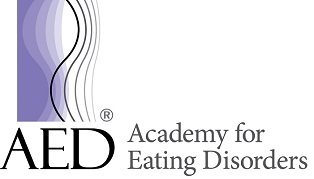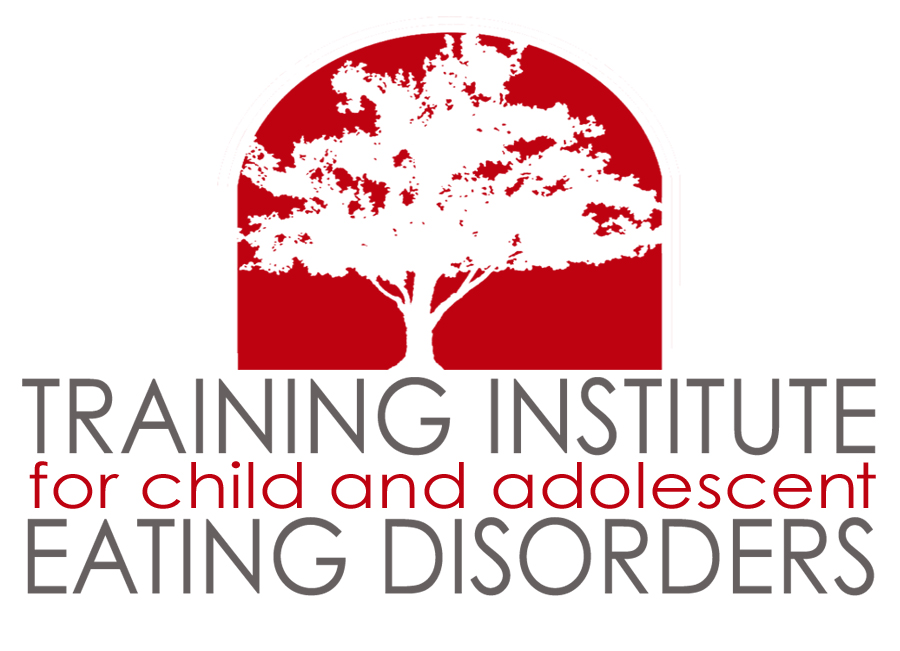What is Trauma?
The American Psychiatric Association defines trauma as resulting from personal experiences of life-threatening situations, serious injuries, or sexual violence. It can also occur from witnessing such events or from events happening to a close acquaintance. Additionally, repetitive exposure to traumatic details, commonly seen in first responders or police officers, is known as complex trauma. Trauma can happen to anyone. Trauma can be the result of physical harm, emotional harm, and life-threatening experiences (SAMHSA, trauma). This means that it can impact individuals of all ages, races, genders, and economic statuses.
Trauma Can Lead to Other Mental Health Concerns
Research indicates that trauma can affect various aspects of an individual’s life, including mental, physical, emotional health, social life, and spiritual connection. The impact of trauma varies among individuals, influenced by factors like environment, coping skills, past traumatic experiences, and support system. Timely and effective trauma counseling can positively influence the development of mental health concerns post-trauma.
DEPRESSION
Trauma is recognized as a contributing factor to depression (Vitirol, 2014). Studies reveal that people exposed to trauma during childhood respond differently to treatments compared to those who experience trauma in adulthood (Vitirol, 2014). In particular, psychotherapy tends to be more effective than medication for those who have experienced trauma in their childhood (Virirol, 2014).
ANXIETY
Someone who experiences a traumatic event may experience anxiety symptoms. In some cases, the anxiety that you experience is your body trying to warn you of potential danger. This means that you may experience anxiety symptoms in situations that resemble your trauma.
SUBSTANCE ABUSE
A 2018 study by the Substance and Mental Health Services Administration found that around 9.2 million US adults grapple with co-existing mental health issues and substance abuse, often linked to a history of trauma. Alcohol and drugs may be used to handle trauma-related symptoms, but this can lead to substance abuse without healthier coping mechanisms.
EATING DISORDERS
Studies indicate that an estimated 37-100% of individuals with eating disorders have experienced trauma, while the prevalence of post-traumatic stress disorder among these individuals is comparatively lower, ranging from 4-52% (Tagay, 2014).
ACUTE STRESS DISORDER AND PTSD
Acute stress disorder is a short-term mental health condition lasting 3 days to 1 month post-trauma, characterized by intrusion, negative thoughts, dissociation, avoidance, and arousal. It increases the risk of developing post-traumatic stress disorder (PTSD), which has similar symptoms but lasts beyond 1 month and can occur after single or multiple traumatic experiences.
How We Treat
Resilience DBT & Eating Recovery is a team of Outpatient Eating Disorder Therapists in NJ, FL, MD, offering healing through clinical services. We specialize in trauma counseling using Dialectical Behavioral Therapy (DBT), an effective approach for both trauma and complex trauma.
How do I begin?
Our team is dually and expertly trained in the Treatment of Eating Disorders and DBT for Mental Health. Our Evidenced-Based approaches include FBT, CBT-E, DBT-ED, and Comprehensive DBT for co-occurring mental health conditions. Our outpatient practice has helped Children, Teens and Adults achieve full Eating Disorder Recovery and Mental Health Stability for over 25 years.
1
Schedule your 15 minute free phone consultation
This phone screening is highly confidential to help determine if coming to the Resilience practice is the best course for you or your loved one.
2
Complete an Expert and Comprehensive Intake
During your intake appointment we will gather more information to identify your stressors and needs. And work with you to develop your resilience treatment plan.
3
Get connected with Your Personalized Care Team
Meet with a practitioner to get started on your journey of healing and wellness you know you deserve.









